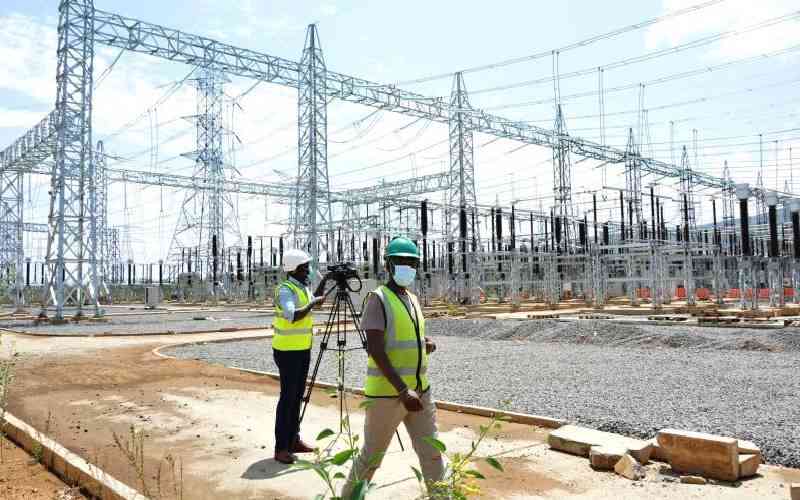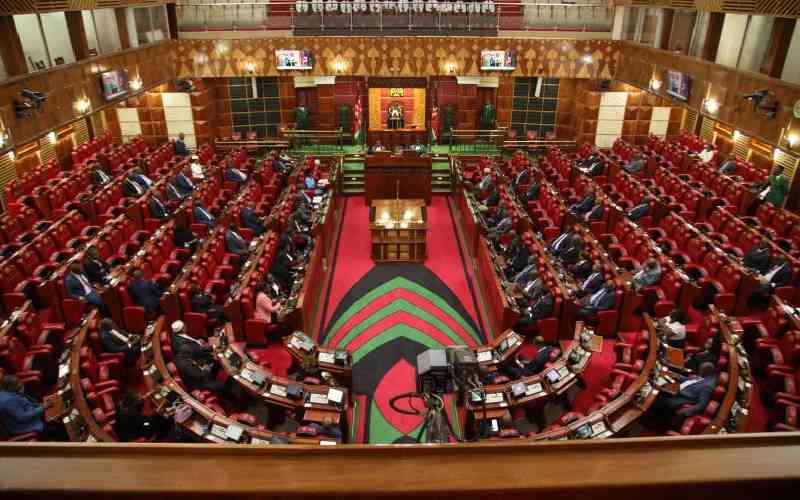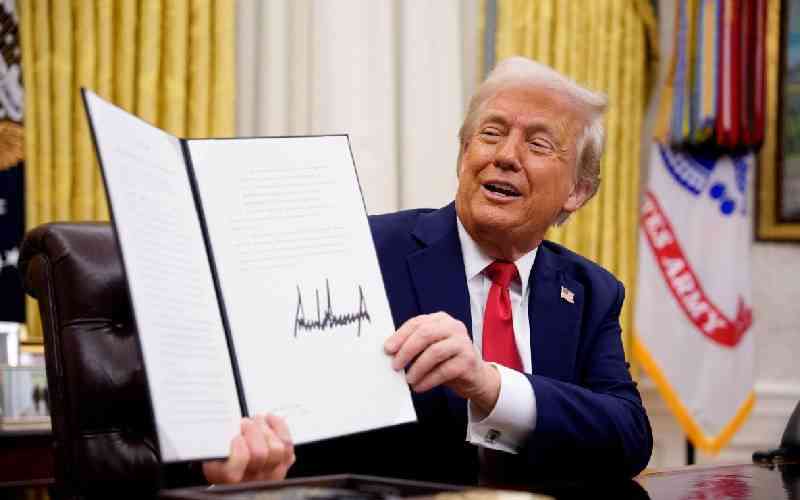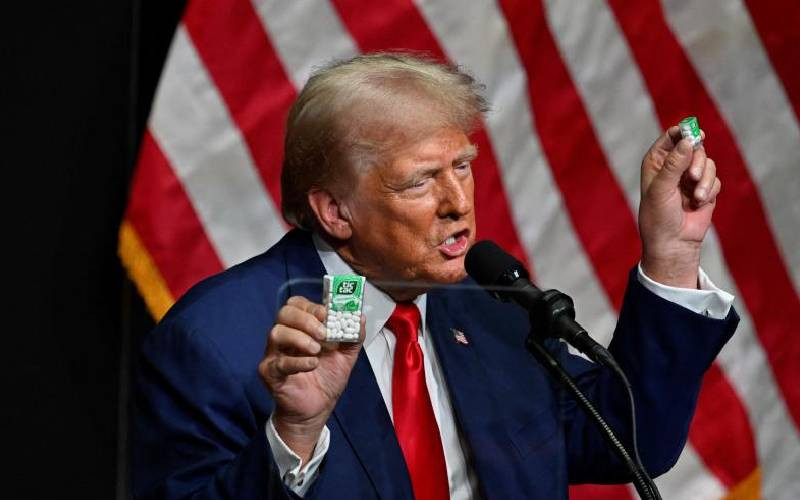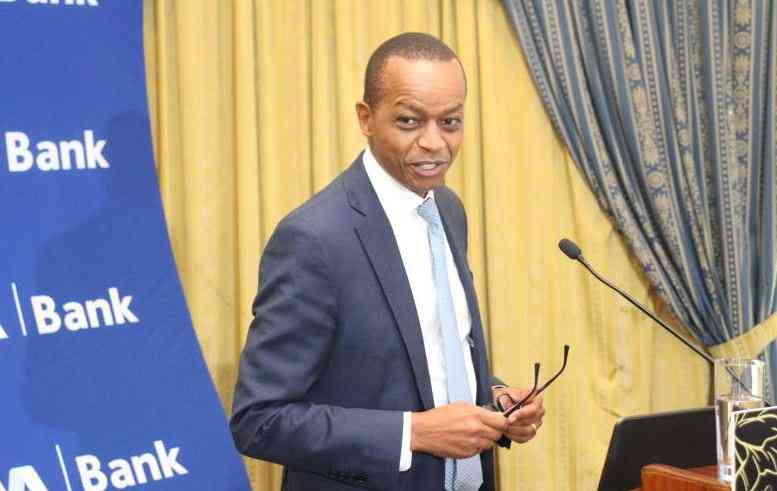
Life can be unpredictable. One minute, you’re going about your normal routine, and the next, you’re hit with an unexpected car repair, a sudden medical bill, or even the loss of your job. When these unexpected events happen, having an emergency fund can make all the difference. Despite its importance, many people in Kenya don’t have this crucial financial safety net.
An emergency fund is a savings account specifically set aside to cover unforeseen expenses or financial emergencies. It acts as a buffer between you and the financial shocks that can happen in life. Without an emergency fund, you may be forced to rely on borrowing, either from family, friends, or more dangerously, from high-interest loans. These can be difficult to pay off and could put you in a debt spiral that derails your financial stability.
One of the key reasons for having an emergency fund is that it helps you avoid unnecessary debt. In Kenya, many people turn to mobile loans, credit cards, or chamas when they encounter a financial emergency. While these options can offer quick relief, they often come with high interest rates or obligations that can strain your finances in the long run. By setting aside funds specifically for emergencies, you’re better equipped to handle unexpected costs without falling into debt or relying on harambees to get by.
Another important benefit of having an emergency fund is the peace of mind it provides. Imagine going through life knowing that, should something go wrong, you have a financial cushion to fall back on. Whether it's a medical emergency, a job loss, or an urgent home repair, you’ll feel less stressed knowing you have money saved up for such situations. This sense of financial security can give you the confidence to focus on your long-term goals, like educating your children or starting a business without constantly worrying about day-to-day emergencies.
Now that we’ve discussed why an emergency fund is so important, let’s look at how you can start building one, even if your income is limited. The first step is to set a goal. Most financial experts recommend having enough to cover three to six months' worth of living expenses. In Kenya, this could mean aiming for Sh50,000 to Sh100,000, depending on your monthly expenses. However, this can seem overwhelming if you’re just starting out. Instead, start small by aiming for an initial goal of Sh10,000 or one month's worth of expenses. Once you reach this target, you can gradually build up from there.
One of the most effective ways to grow your emergency fund is by automating your savings. You can set up a standing order with your bank to transfer a specific amount from your current account to your savings account every month. Even if you start with just Sh500 or Sh1,000 per month, the key is consistency. By automating the process, you take the decision out of your hands and ensure that you’re saving regularly.
Additionally, cutting back on non-essential expenses is another way to quickly build your emergency fund. Take a close look at your spending and identify areas where you can reduce costs. For example, you could cut back on eating out, limit your airtime and data usage, or reduce your entertainment expenses like movie tickets or outings. The money you save by making these small sacrifices can go directly into your emergency fund. While it might not seem like much initially, these savings will accumulate over time and can help you reach your goal faster.
Another tip is to make good use of any extra income that you may receive. If you get a tax refund, a bonus from work, or even extra cash during the holiday season, consider putting a portion of that money into your emergency fund. Many people in Kenya often see these one-time windfalls as an opportunity to treat themselves, but if you channel some of it towards your emergency fund, you can significantly boost your savings and build financial security faster.
Lastly, consider finding ways to increase your income to speed up the process of building your emergency fund. In Kenya, side hustles are common, and many people supplement their primary income by doing something extra on the side, whether it’s selling goods via an internet platform, offering freelance services, or starting a small kibanda business. Any additional income you generate can be funnelled directly into your emergency fund. Even if it’s just a few thousand shillings a month, every bit counts when you’re trying to save.
 The Standard Group Plc is a multi-media organization with investments in media
platforms spanning newspaper print operations, television, radio broadcasting,
digital and online services. The Standard Group is recognized as a leading
multi-media house in Kenya with a key influence in matters of national and
international interest.
The Standard Group Plc is a multi-media organization with investments in media
platforms spanning newspaper print operations, television, radio broadcasting,
digital and online services. The Standard Group is recognized as a leading
multi-media house in Kenya with a key influence in matters of national and
international interest.
 The Standard Group Plc is a multi-media organization with investments in media
platforms spanning newspaper print operations, television, radio broadcasting,
digital and online services. The Standard Group is recognized as a leading
multi-media house in Kenya with a key influence in matters of national and
international interest.
The Standard Group Plc is a multi-media organization with investments in media
platforms spanning newspaper print operations, television, radio broadcasting,
digital and online services. The Standard Group is recognized as a leading
multi-media house in Kenya with a key influence in matters of national and
international interest.


